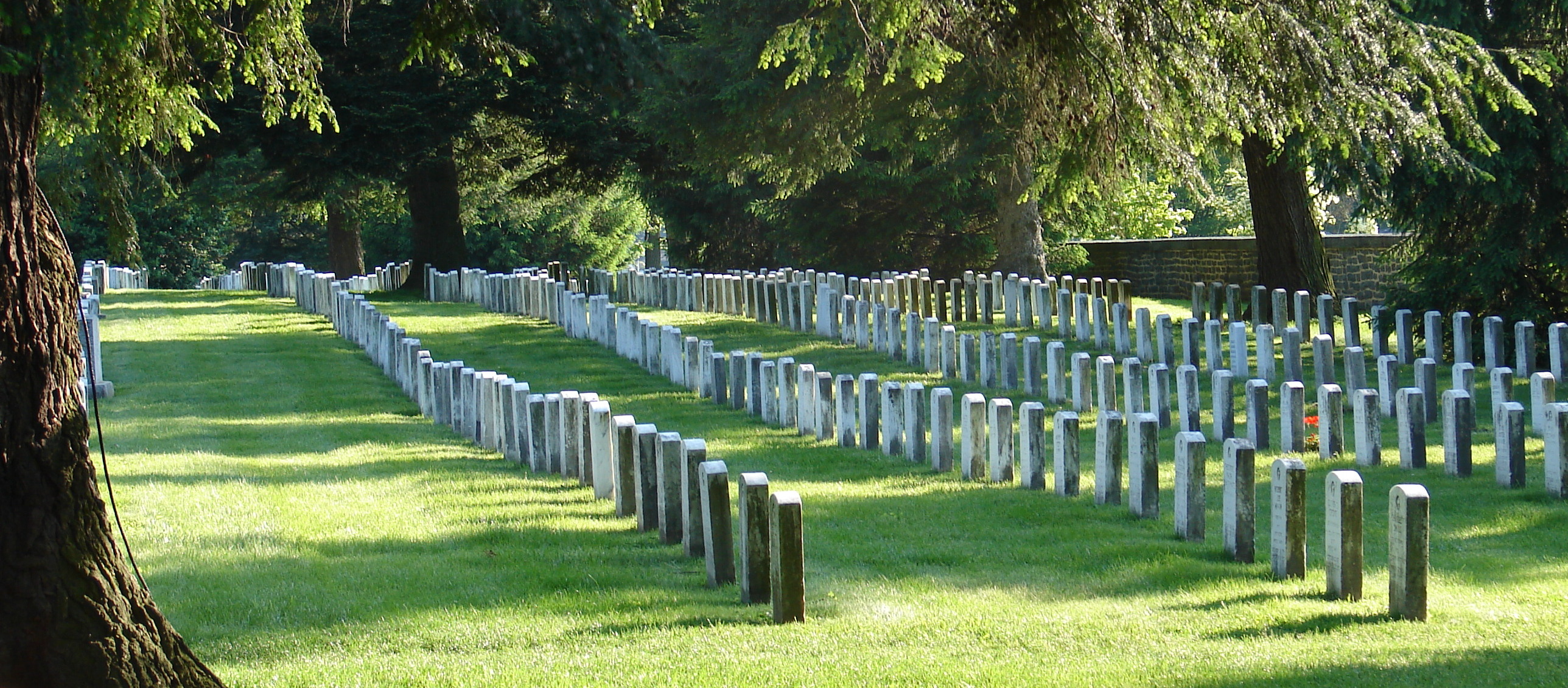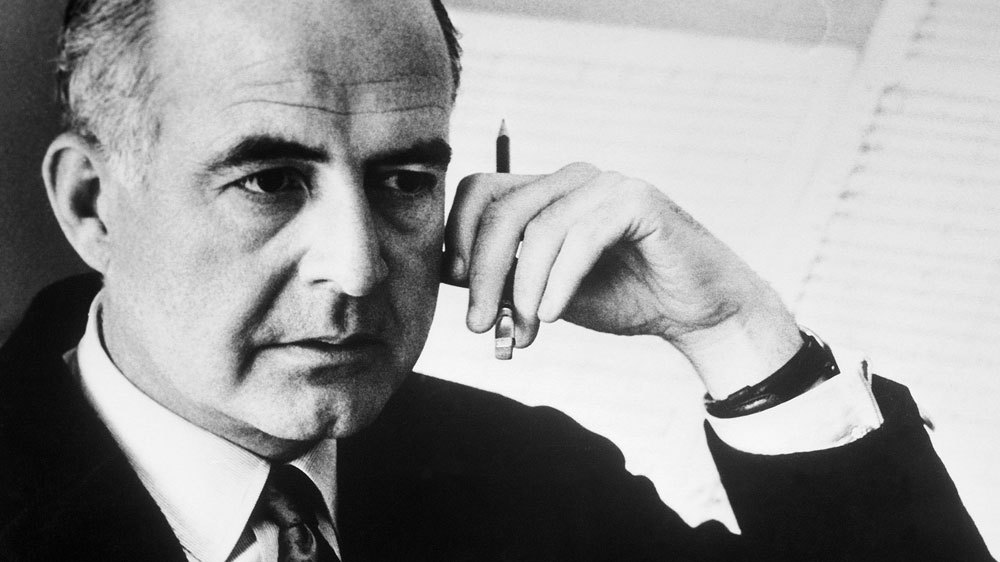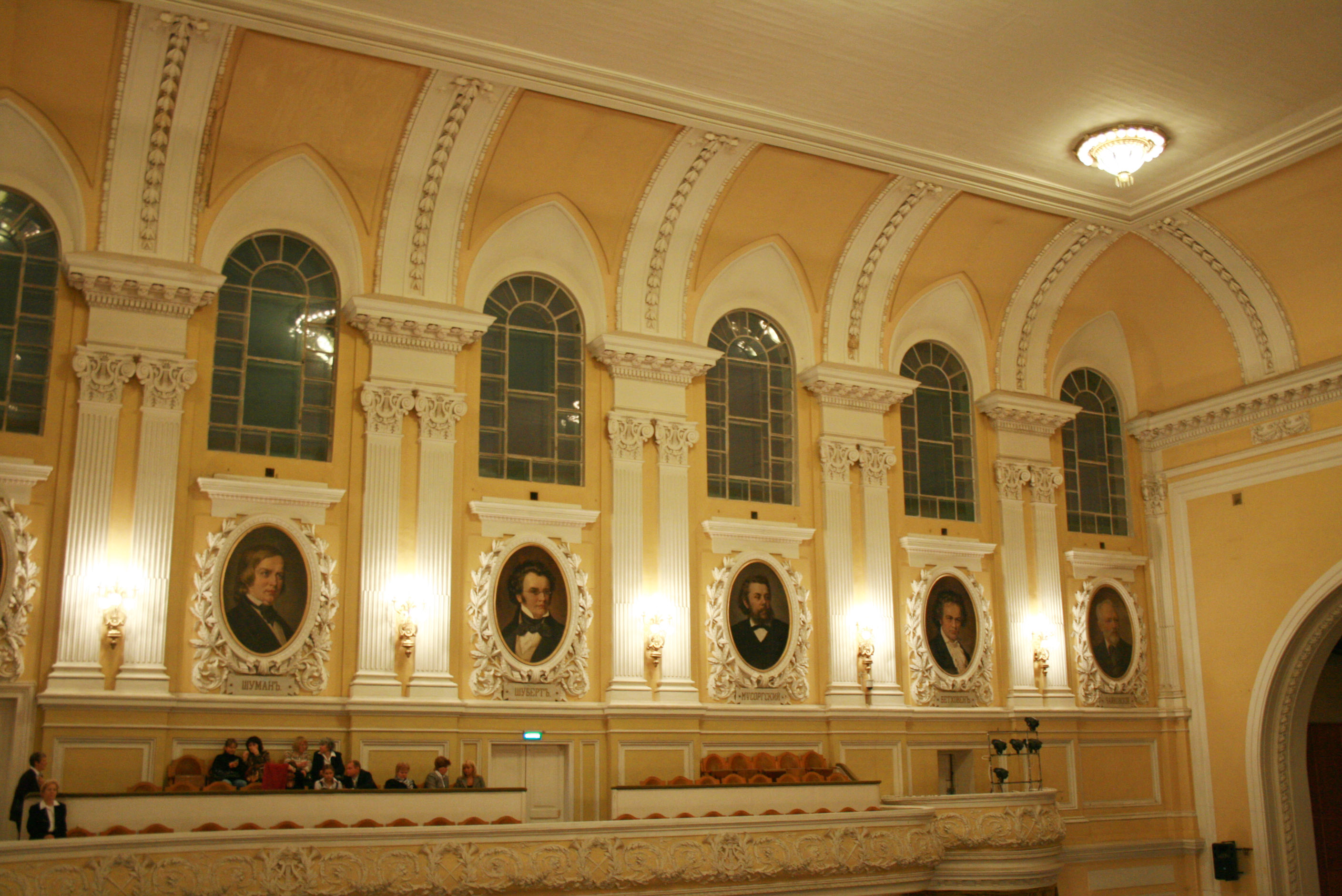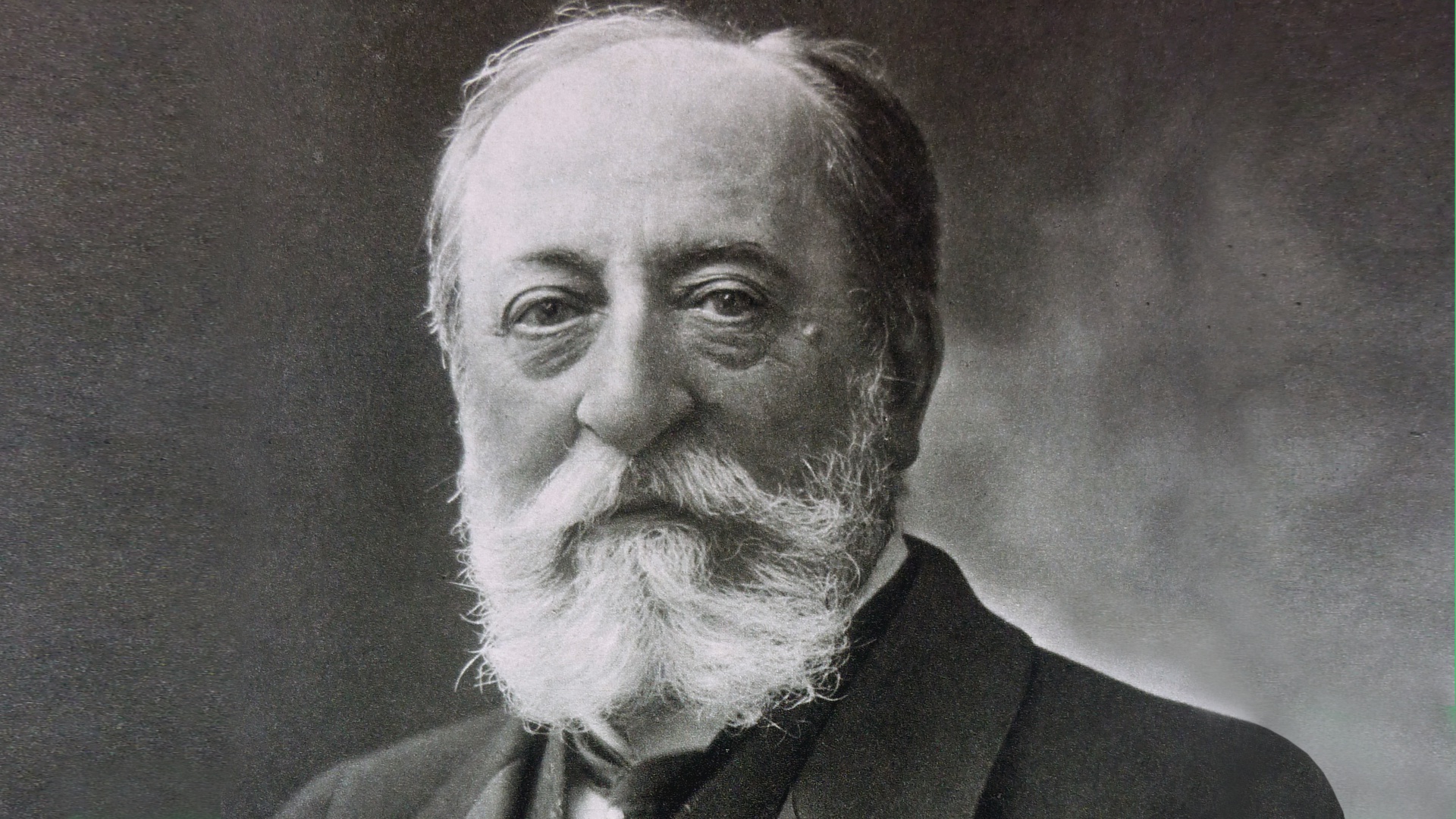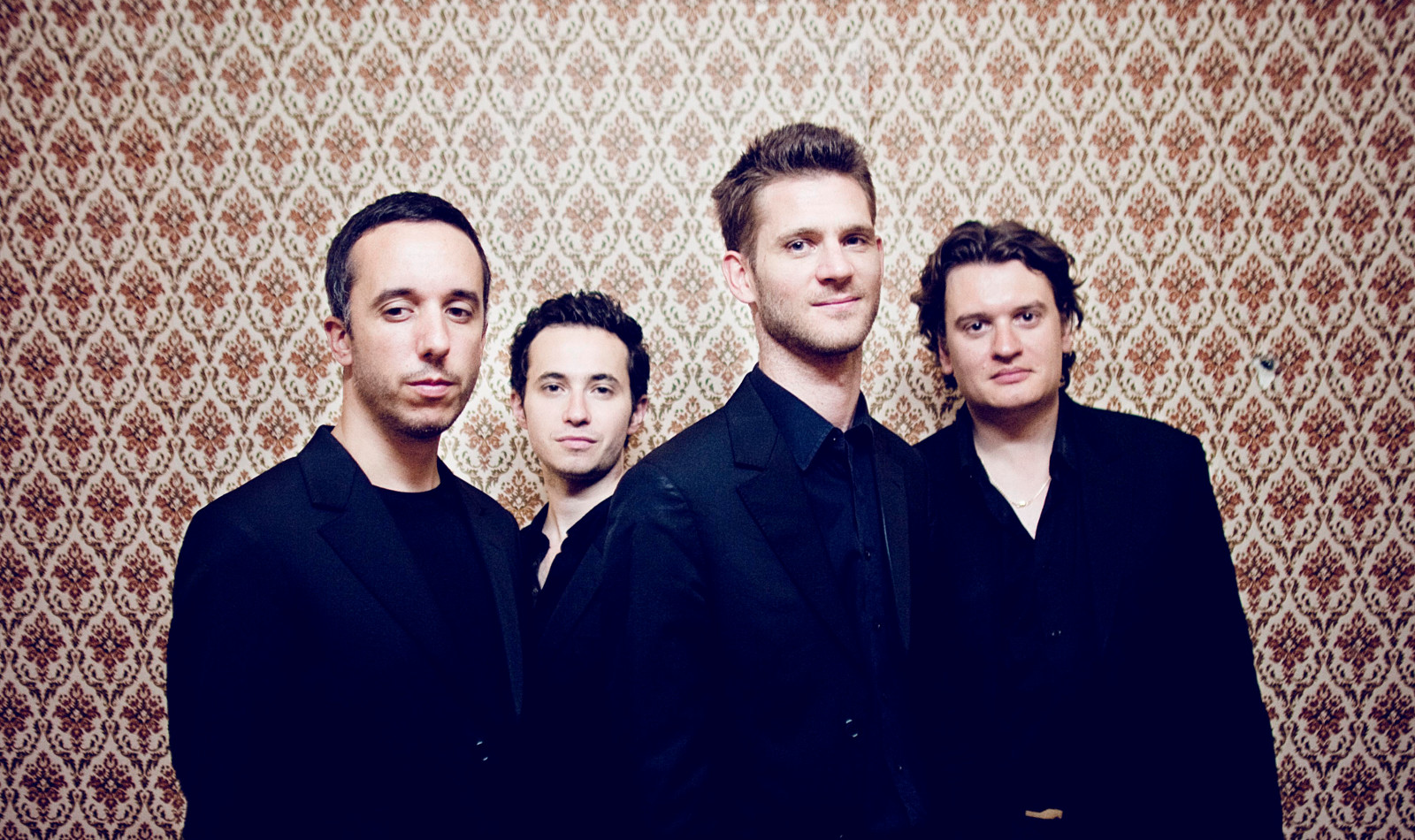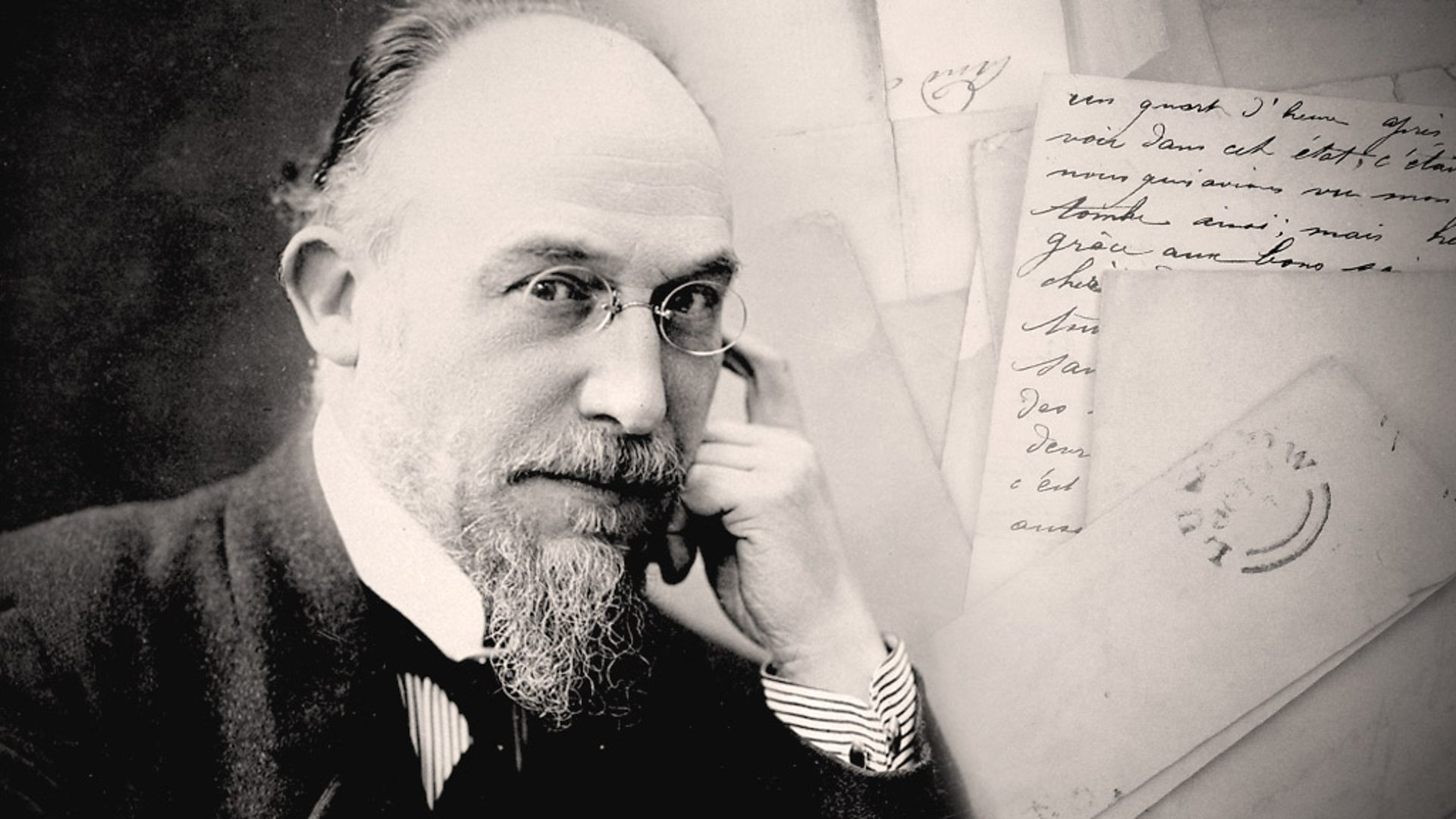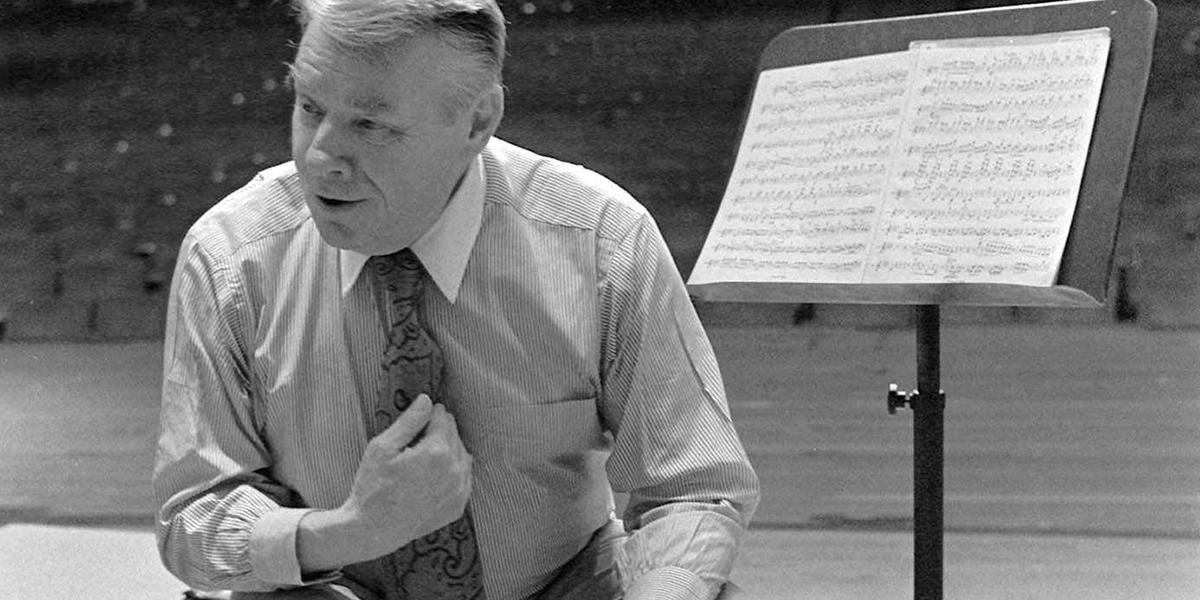Roy Harris’ Symphonic Memorial to Gettysburg
Awakening, Conflict, Dedication, Affirmation…These are the subtitles of the four movements which make up American composer Roy Harris’ Symphony No. 6 “Gettysburg.” Written in 1944 during the height of the Second World War, the movements of Harris’ Symphony draw inspiration from the outline of Lincoln’s Gettysburg Address. They celebrate a mythic vision of American progress in which growing pains give way to the possible future realization of the nation’s loftiest ideals. There are programmatic elements in …

